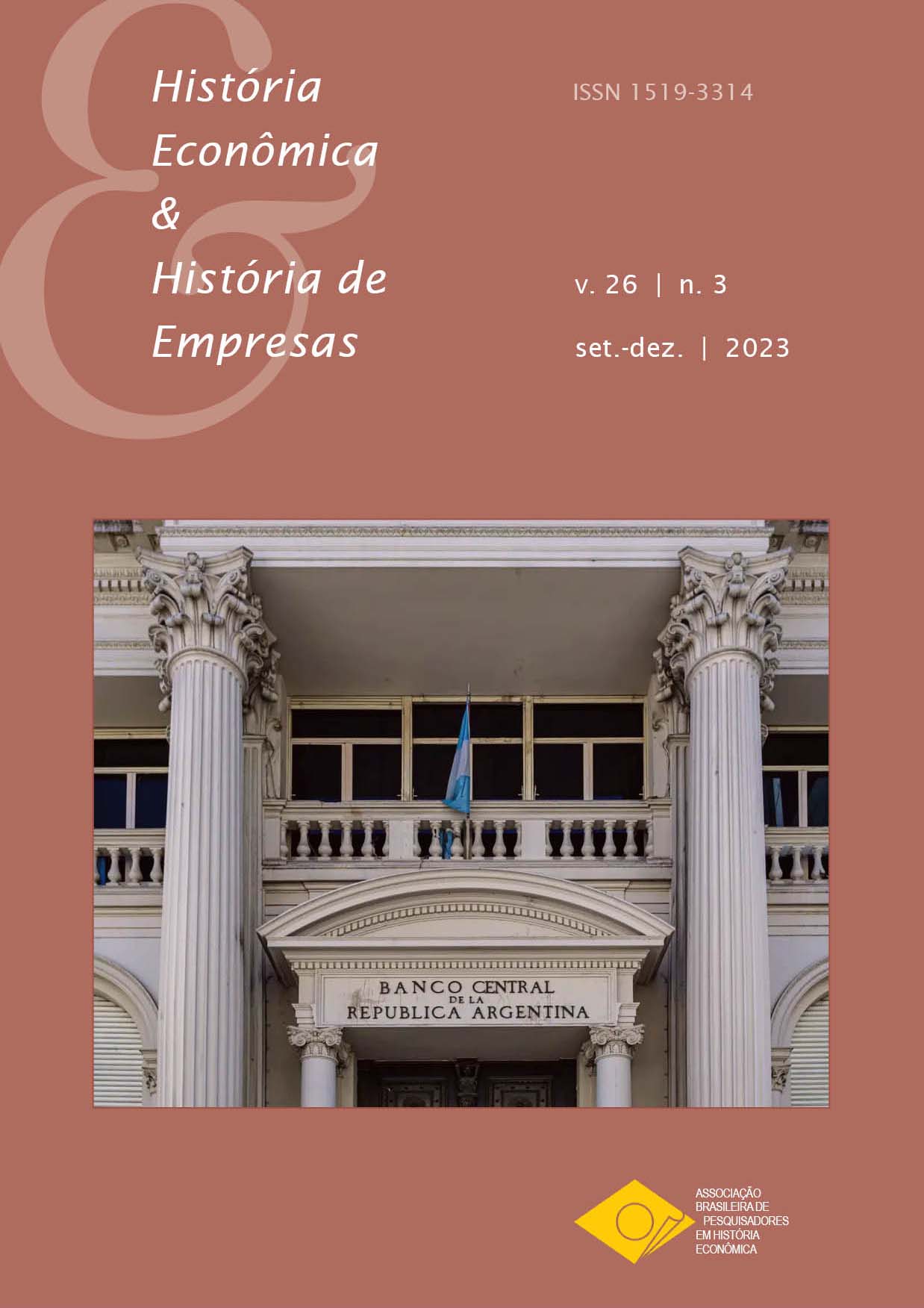Contemporaneity of John Rogers Commons’ Theory: Convergences with Post-Industrial Society
DOI:
https://doi.org/10.29182/hehe.v26i3.857Abstract
This research analyzes the contemporaneity of John Commons' theory, a reference among the first economics institutionalists, at the beginning of the 20th century, when industrial production had greater relevance than today. It was sought to identify elements in post-industrial society that could be applied to his theory. The almost secularity of his work and contemporary socioeconomic foundations justify the paper. In addition to the economic theoretical reference of Commons, Social theory was resorted to specifically the post-industrial theses of Bell (increase in the production of services), Castells (informationalism and organization of society in networks) and Rifkin (access and sharing of assets as substitutes for ownership). It was possible to identify the contemporaneity of Commons' thought by relating these post-industrial foundations to his analysis of economic transactions and property rights.
Downloads
Downloads
Published
How to Cite
Issue
Section
License
Copyright (c) 2023 Elson Mira

This work is licensed under a Creative Commons Attribution 4.0 International License.
Os autores mantêm os direitos autorais sobre o trabalho, concedendo à revista apenas o direito de sua primeira publicação. Além disso, têm autorização para assumir contratos adicionais separadamente para a versão do trabalho publicada nesta revista, desde que reconhecida a publicação inicial neste periódico.





